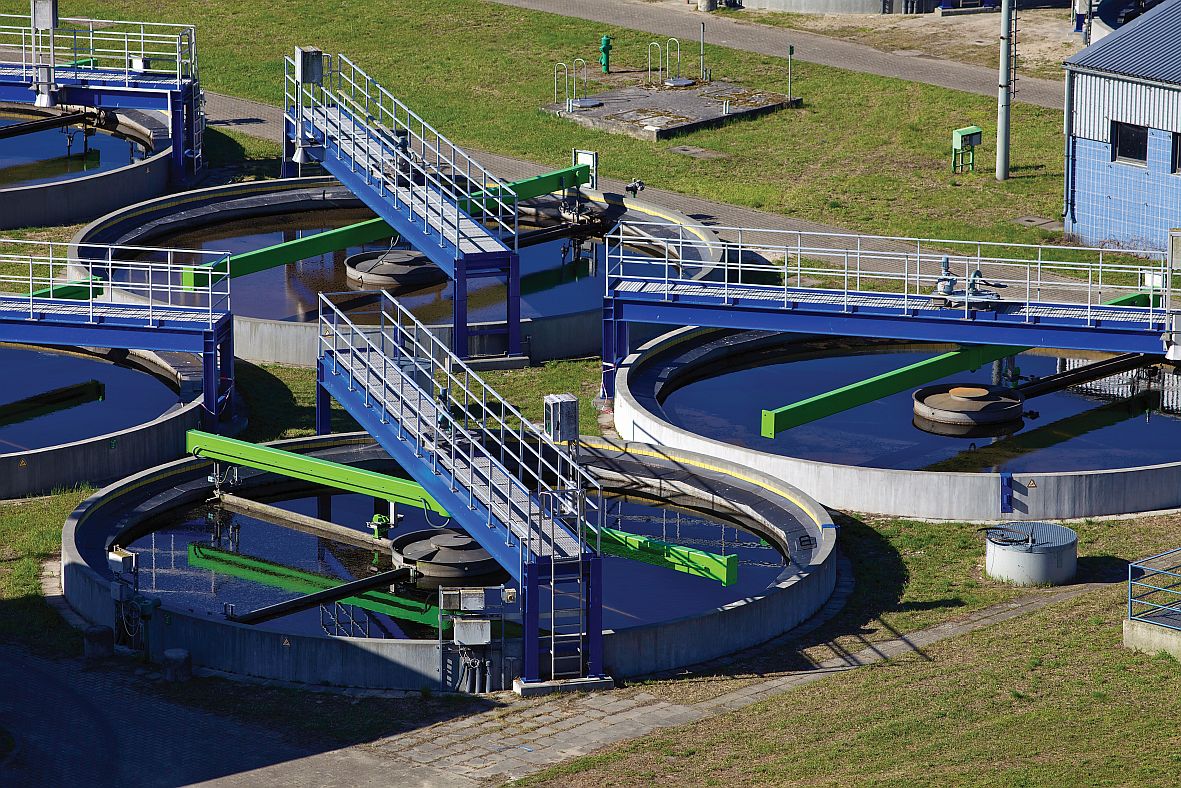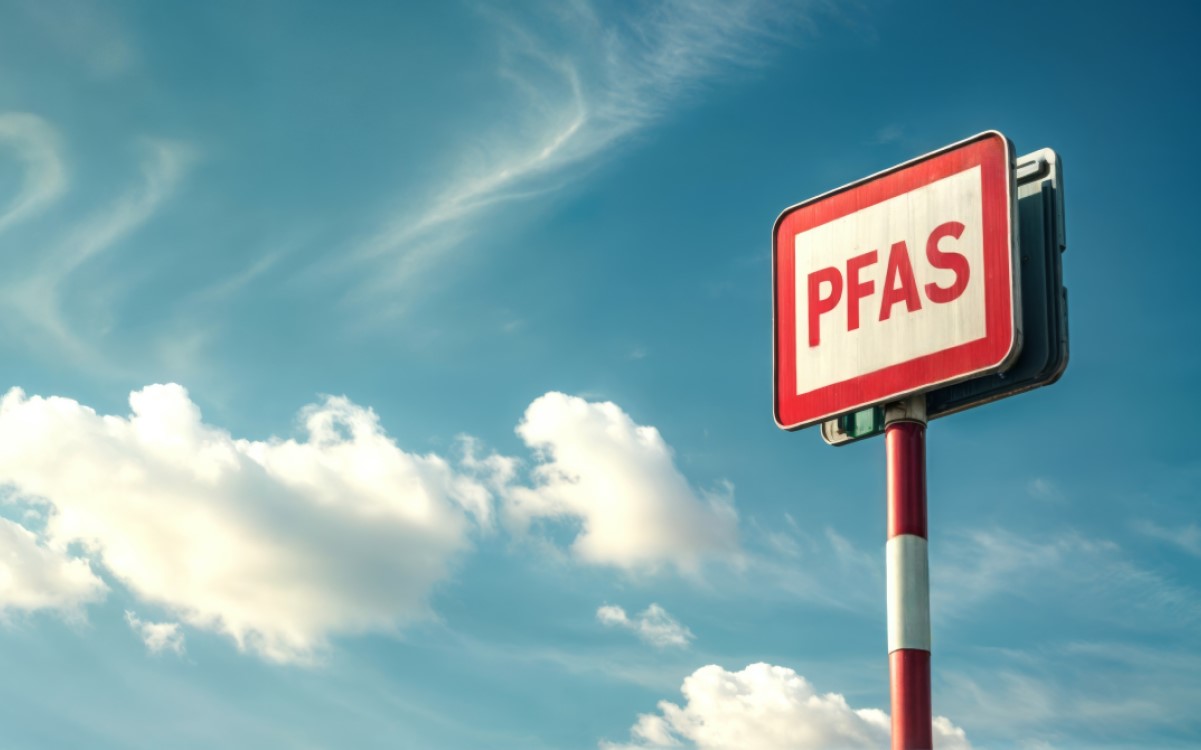The federation considers a series of key points to be addressed in the impact assessment (IA) of the revised directive. Primary, they support the inclusion of the European Green Deal and the Circular economy within the IA, as their members are already working on the sustainability of wastewater services, from collection to treatment, and the recovery of valuable resources from wastewater. However, the policy options and their implementation should be adapted to the calendar of the European Green Deal, of which the objectives have to be reached in 2035 and in 2050. Furthermore, EurEau demands to consider the investment capacity of the sector and the lifetime of the existing assets.
The IA of the UWWTD aims to assess the cost/benefit of diverse policy options by comparing them with a basic scenario. EurEau urges the Commission to consider in this basic scenario the current investment needs to reach the full compliance with the existing UWWTD, to maintain, adapt and/or refurbish the existing infrastructure (particularly sewer systems) and to manage the infrastructure against the effects of climate change and movement and growth of the population. Otherwise, the IA will underestimate the full cost of the basic scenario and mislead the comparison with the new policy options.
Policy coordination with other directives is urgently required
EurEau insists that the IA investigates policy coordination with the WFD to specifically ensure that both the Environment is protected in a sustainable way and that WWTP can operate and increase capacity according to population growth.They strongly suggest the IA clearly defines individual policy options and then looks at them in combination to assess their overall effect. For example, the policy to reduce energy, recover resources and reach climate neutrality should be seen in combination with the ambition to enhance treatment of pollutants.
Emerging pollutants: Control and prevention of emissions must come first
The federation supports the inception IA approach to take a holistic view on emerging pollutants but control at source and preventive measures must come first, with the application of extended producer responsibility as means to finance enhanced treatment.
The federation suggests that the IA explores future policy options for small agglomerations lower than 2000 p.e. with respect to nutrient management and appropriate governance arrangements. This should be done in coordination with policy options for IAS. The IA should recognise that collecting systems achieve multiple objectives (such as protecting properties from sewer flooding) and not only pollution objectives.
Special attention to discharges of industrial wastewater necessary
According to the opinion of EurEau, the IA must address discharges of industrial wastewater into collecting systems and urban WWTPs. Effective control of industrial discharges is essential to manage the quality of WWTP effluents and by-products.
EurEau supports that the IA explores the role of innovation to enhance treatment and recover resources, in conjunction with policy options responding to challenges where technical solutions have shown value for the environment and are practicable for wastewater services.







